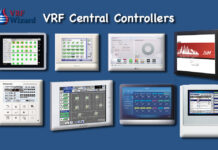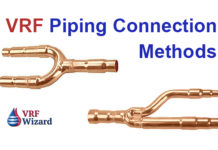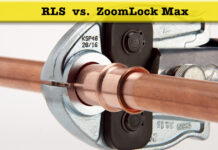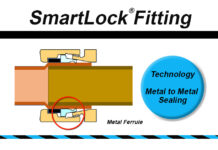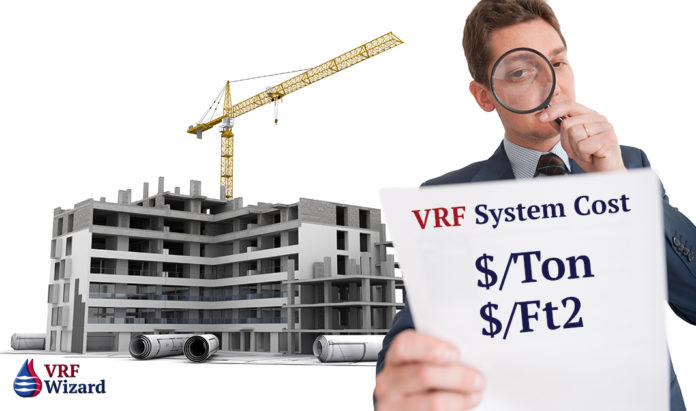VRF Cost per Ton or Cost per Ft2 to Install?
How do you determine the cost per ton or cost per square foot for the installation of a VRF system?
What factors play a role in the VRF cost per ton of a VRF system from one contractor to another?
Why do you care what it cost per ton to install a VRF system?
VRF Cost per Ton
You can make a simple calculation of taking your sales price divided by the total installed tons of the VRF system.
- Sales Price $240,000 / 40 Tons = $6,000 / Ton
- Sales Price $200,000 / 40 Tons = $5,000 / Ton
- Sales Price $160,000 / 40 Tons = $4,000 / Ton
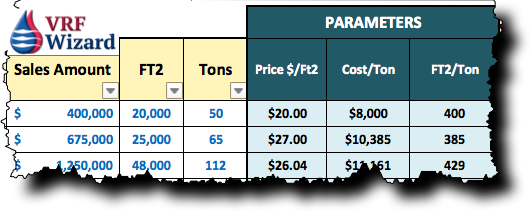
VRF Cost per Ft2
You can make a simple calculation of taking your sales price divided by the total square footage served by the VRF system.
- Sales Price $240,000 / 16,000 Ft2 = $15.00 / Ft2
- Sales Price $200,000 / 16,000 Ft2 = $12.50 / Ft2
- Sales Price $160,000 / 16,000 Ft2 = $10.00 / Ft2
What Factors Play a Role in the Cost per Ton or Cost per Ft2?
Your company’s legal structure, size and overhead requirements are a big factor in your cost.
- Are you a union or non-union company?
- Do you pay your workers the prevailing wage rate?
- Are you a sole proprietor or a state registered corporation?
- Do you have buying power when you purchase equipment and materials from your suppliers?
- How much is your markup to cover the cost of overhead and profit?
- How fast or productive are your field installers?
A company’s cost structure varies between one company and another.
Why do you care what it Cost/Ton or Cost/Ft2 to install a VRF system?
Keeping track of your cost for the installation of various VRF systems is beneficial when called upon to provide a quick budget or to check a current estimate. Keeping track of the projects you install or bid is useful for your estimators, saving them time and money.
Using a simple spreadsheet to track all your projects will allow you to retrieve the required information quickly. Using a spreadsheet will also help automate parametric data calculations. Your competition can calculate budgets for their customers quickly and accurately, saving time and money while providing a great service.
If you bid similar VRF systems at $4,000/Ton and your current estimate is only totaling $3,000/Ton, is there an error in your estimate?
Did you forget something, or is the job different in enough aspects to justify the lower price?
Get a set of Refrigerant Gauges.
Maintaining historical data helps spot problems or errors in your estimates by allowing you to look back at other projects that have been completed or bid. Check out the VRF Wizard Historical Database.
The Historical database tracks many other parameters, such as;
- Piping Cost/Linear Feet
- Piping Linear Feet/Man Day
- Sheet Metal Cost $/Ft2
- Equipment Cost $/Ft2
- Controls Cost $/Ft2
- Electrical Cost $/Ft2
- Engineering Cost $/Ft2
- Start & Test Cost $/Ft2
- Air & Water Balance Cost $/Ft2
- Insulation Cost $/Ft2
- Rentals Cost $/Ft2
- Plumbing Cost $/Ft2
- General Construction Cost $/Ft2
- Guest Rooms (Bedrooms, Apt’s, Etc) Cost $/Room
Checkout the Historical Database which can be used for all project types, Commercial, Residential and all system types from VRF, Air Conditioning Packaged Units, Chilled Water Systems, Boiler Systems, etc ..
How do you budget VRF or HVAC projects quickly so as to save time and money? How do you save this data?


